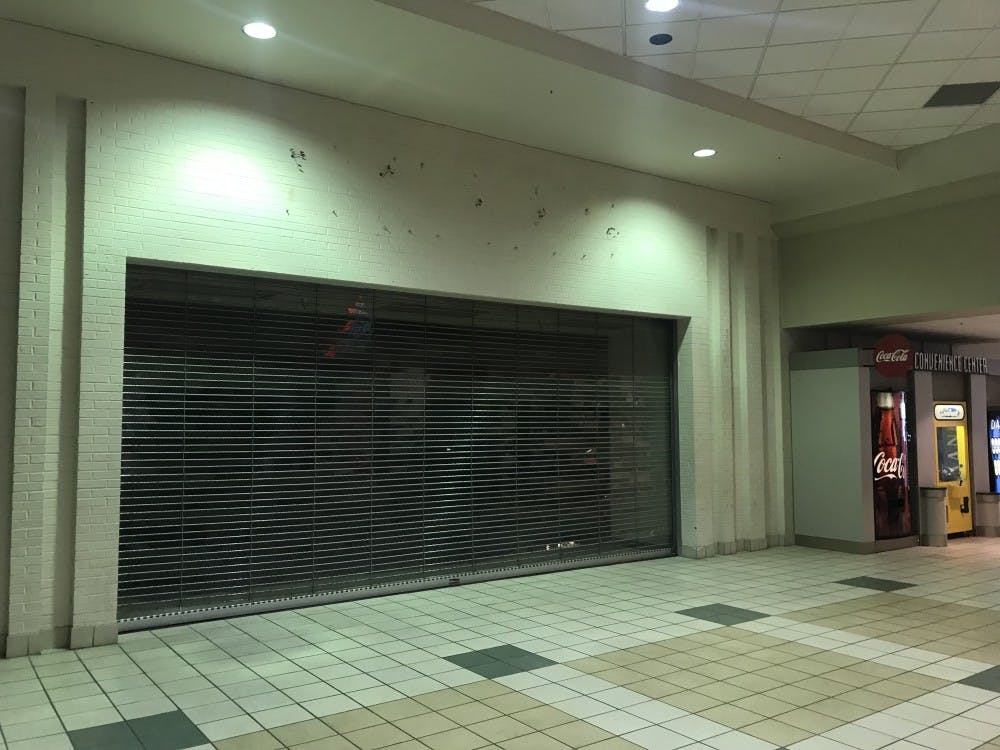CHICAGO - Mayor Rahm Emanuel secured an extension of Chicago's school day and empowered principals to hire the teachers they want. Teachers were able to soften a new evaluation process and win some job protections.
As students returned to the classroom Wednesday after a seven-day teachers strike, both sides found reasons to celebrate victory. But neither the school-reform movement nor organized labor achieved the decisive breakthrough it had sought. And whether the implications extend beyond Chicago may depend on the next case having a similar cast of characters and political pressures.
Unions hoped the walkout would prove they were still relevant, and some reform groups were disappointed with the city's concessions.
At times, the contract talks seemed overshadowed by personalities, with the mayor and union leaders occasionally trading insults and questioning each other's motives.
Still, everyone involved in the dispute emerged with an achievement to trumpet: Teachers said the strike sparked an important national conversation about school reform. Union activists said it helped inspire public employee unions that have been losing ground. Emanuel declared it a boon for students trapped in failing schools.
The president of the American Federation of Teachers said the strike showed that teachers want a voice in improving schools rather than shouldering the blame for those that are failing.
"The bottom line is ... you had teachers standing up for what they need to teach and what students need to learn," Randi Weingarten said, citing concerns about school closings, standardized tests and a lack of classroom resources that are common across the U.S.
But in lots of places, the circumstances that led to Chicago's walkout don't apply. For one thing, many states forbid strikes by teachers and other public-employee unions. Some teachers unions and school districts have been able to work collaboratively to achieve changes, in sharp contrast to the clash in Chicago, a union-built town where organized labor still wields considerable power but new mayor is seeking more control over education.
"I think a lot of what went on to a certain extent is peculiar to Chicago," said Martin Malin, director of the Institute for Law and the Workplace at the Kent College of Law in Chicago.
Thomas Hatch, a professor at Columbia University's Teachers College, said the strike focused attention on teacher evaluations and fears of closing neighborhood schools. But he agreed that some factors, such as the combative personalities, are unlikely to affect other districts.
A report that characterized the relationship between the teachers union and Emanuel as "toxic" was on point, Malin said. Now that a deal has been reached, the challenge for both parties "is to seize that and work on rally transforming the relationship."
Meanwhile, Chicago children returned to school Wednesday, a day after union delegates voted overwhelmingly to end the strike, which idled 350,000 students. The proposed contract will now be put to a vote of the full membership of more than 26,000 teachers and support staffers.
Iquasai Carpenter, a home health care worker with two children in elementary school, said her kids did homework packets at home during the strike.
"They missed school. They missed their teachers. They missed their friends," she said as she dropped them off for class.
She sympathized with teachers and said they deserved pay raises. She didn't like the idea of the new evaluations that take student test scores into account, but she was glad the union negotiated down what percentage would be factored in. If students don't progress, she said, it isn't always the teachers' fault.
Reform advocates were not all impressed with the deal Emanuel agreed to.
B. Jason Brooks, director of research at the Foundation for Education Reform and Accountability, said Emanuel did not win much reform "and unions clearly came out the winners."
Other states, he said, base up to 50 percent of a teacher's evaluation on student performance, while Chicago's evaluation is limited to 30 percent, the same amount set in state law. He believes a provision allowing teachers whose schools close to follow students to the receiving schools was a bad idea.
"I don't really feel like this moves the needle in a significant way," he said, saying the union chose to strike - and Emanuel to settle quickly - because President Barack Obama, a Chicagoan and Democrat, is counting on union support to win re-election.
Brooks said unions nationally "were looking for something to claim as a victory, and I think this gives them what they looking for," he said. "But as the country looked at this, it might have reinforced the notion that unions are standing in the way of turning around the lowest-performing schools."
The nation's last big-city teachers strike happened in Detroit in 2006. Chicago teachers had not walked out since 1987.
"It's been a really long time since a major urban district went on strike," said Christine Campbell, a policy director at the University of Washington's Center on Reinventing Public Education.
As for unions, "It certainly gave them attention and power that two weeks ago people weren't really considering."
She said the improvements will make the mayor look good in the long run and demonstrated that unions still matter.
She wasn't sure that such a strike could be replicated in other cities, something she attributed to the local figures involved.
"The personalities are spiciest in Chicago right now," she said.
-á




